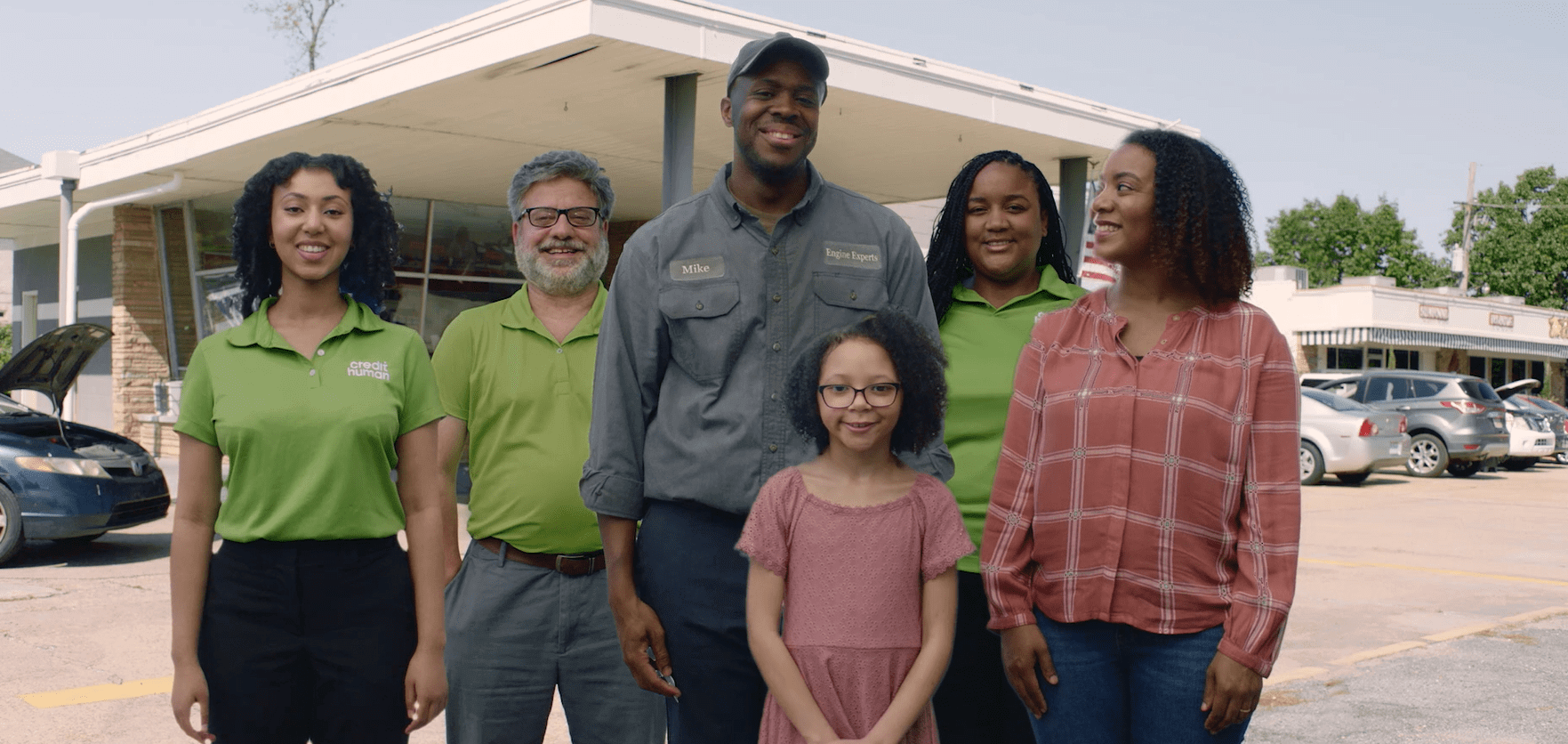Choosing a vehicle is one of the biggest financial decisions you’ll make. Whether you’re a new driver or you have millions of miles behind you, you might be wondering if it’s better to buy or lease your next ride. The differences between buying and leasing a vehicle seem straightforward. However, what makes sense for one driver may not work for another, so it’s important to understand the key differences. Here we break down the pros and cons of buying vs leasing a vehicle.
Buying
Buying a car means that you own the vehicle outright and have the freedom to make decisions about it. You can drive as many miles as you want, customize it and keep it for as long as you want. Additionally, after you have paid off the loan, you will no longer have car payments which will free up those funds for other areas of your spending plan.
However, there are some downsides to purchasing a vehicle. Cars depreciate quickly, which means as soon as you drive it off the lot it's worth less than you paid for it. Additionally, buying a car sometimes requires a large down payment and a loan with a potentially high interest rate. You also should factor in the maintenance costs to upkeep the vehicle which vary in cost depending on the brand, model or age of the vehicle.
Leasing
Leasing a car can be a more affordable option as the monthly payments are usually lower than they would be with a car loan. Additionally, leases usually come with a warranty, which can cover the cost of repairs if something goes wrong with the car. Another advantage of leasing is that you can drive a new car with the latest features and technology because you can upgrade more frequently.
However, leasing also has its downsides. For one, you don't own the car, so you can't sell it or trade it in when you're done with it. Additionally, you will be penalized if you want to end the lease early or if you incur damage to the vehicle that is considered above normal wear and tear. Leases also have limits on how many miles you can drive in a year and if you go over the limit, you will be charged extra for each mile.
Whether you choose to buy or lease a car will depend on your individual circumstances like your budget, driving habits and what you're looking for in a car. It's important to do your research and consider all the factors before deciding. Make an appointment with a Member Relationship Specialist at your nearest Financial Health Center for guidance in determining what’s right for you and your needs.
Buying
Buying a car means that you own the vehicle outright and have the freedom to make decisions about it. You can drive as many miles as you want, customize it and keep it for as long as you want. Additionally, after you have paid off the loan, you will no longer have car payments which will free up those funds for other areas of your spending plan.
However, there are some downsides to purchasing a vehicle. Cars depreciate quickly, which means as soon as you drive it off the lot it's worth less than you paid for it. Additionally, buying a car sometimes requires a large down payment and a loan with a potentially high interest rate. You also should factor in the maintenance costs to upkeep the vehicle which vary in cost depending on the brand, model or age of the vehicle.
Leasing
Leasing a car can be a more affordable option as the monthly payments are usually lower than they would be with a car loan. Additionally, leases usually come with a warranty, which can cover the cost of repairs if something goes wrong with the car. Another advantage of leasing is that you can drive a new car with the latest features and technology because you can upgrade more frequently.
However, leasing also has its downsides. For one, you don't own the car, so you can't sell it or trade it in when you're done with it. Additionally, you will be penalized if you want to end the lease early or if you incur damage to the vehicle that is considered above normal wear and tear. Leases also have limits on how many miles you can drive in a year and if you go over the limit, you will be charged extra for each mile.
Whether you choose to buy or lease a car will depend on your individual circumstances like your budget, driving habits and what you're looking for in a car. It's important to do your research and consider all the factors before deciding. Make an appointment with a Member Relationship Specialist at your nearest Financial Health Center for guidance in determining what’s right for you and your needs.




